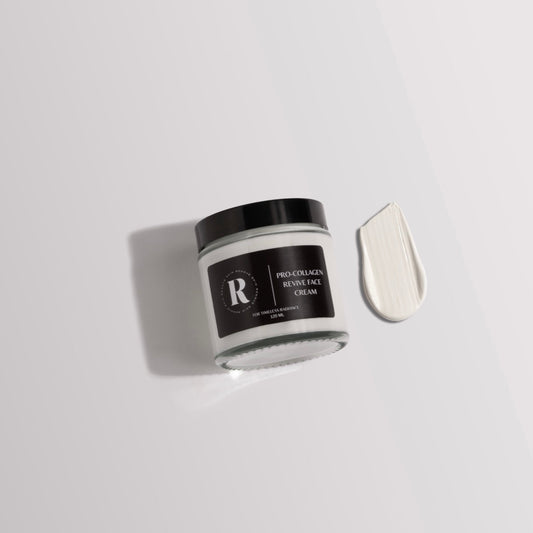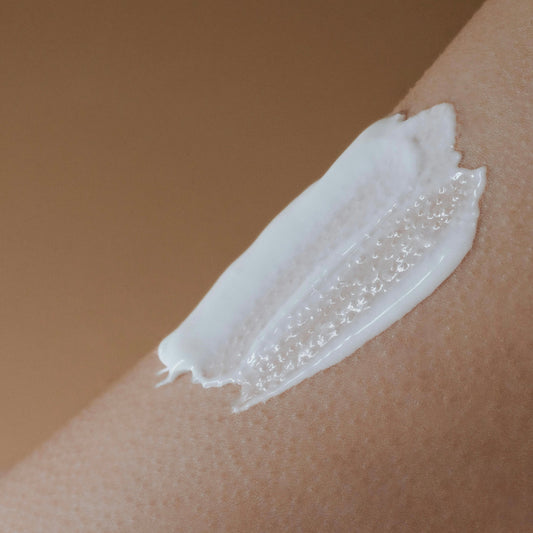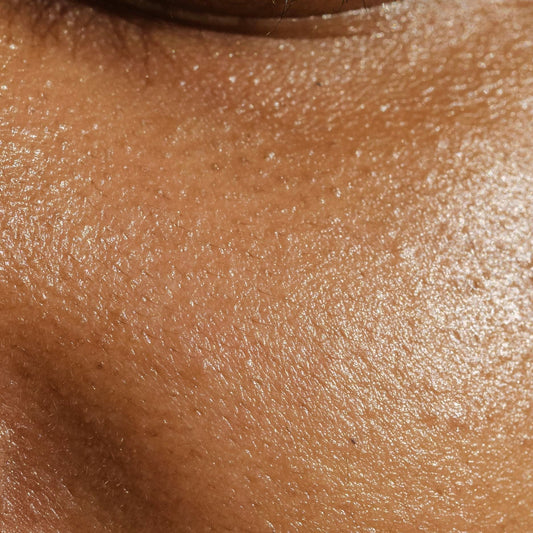Let’s be honest: skincare can feel like chemistry class in disguise. AHAs, BHAs, retinol, niacinamide, peptides—so many confusing names, and even more confusing rules. One wrong combo and your face ends up red, dry, or wondering why it trusted you in the first place.
In this post, we’re breaking down:
-
Which skincare ingredients should never be mixed (please don’t)
-
Which ones are match made in moisturiser heaven
-
And why your skin’s night shift matters way more than you think
The Ingredient Combos You Should Absolutely Not Mix
Let’s start with the no-gos. These pairings either cancel each other out or just irritate your skin into rebellion.
Retinol + Vitamin C
Both are skincare stars—but they want different things. Retinol prefers the quiet of night, while Vitamin C likes the sun. Their pH levels clash too, which makes them less effective when used together.
Fix: Use Vitamin C in the morning and retinol at night. Keep them in separate time zones and they’ll perform at their best.
AHAs/BHAs + Retinol
This combo is like sanding your skin down and then setting it on fire. Over-exfoliation can damage your skin barrier and cause peeling, dryness, and general chaos.
Fix: Alternate use. Use acids two to three times a week, and keep retinol to its own nights.
Benzoyl Peroxide + Retinol
These two basically neutralise each other. And if they don’t, they often end up drying your skin out like a raisin in the sun.
Fix: Use benzoyl peroxide in the morning or on alternate nights from retinol. Or check in with a skincare expert to build a safe rotation.
The Ingredient Combos That Actually Get Along
Now for the good news. These are ingredient pairings that support each other like a great skincare BFF duo.
Niacinamide + Hyaluronic Acid
This is a dream team for calming, hydrating, and balancing skin. Niacinamide reduces redness and oiliness, while hyaluronic acid pulls in moisture like a sponge. Together, they’re gentle, effective, and kind of perfect.
Vitamin C + Vitamin E
Vitamin E helps stabilise Vitamin C, making it more effective against environmental damage. They both protect against dullness and premature aging—like a well-oiled antioxidant machine.
Retinol + Peptides
Think of this combo as “exfoliate and rebuild.” Retinol helps with cell turnover; peptides help repair and strengthen. Less irritation, more glow.
SPF + Everything
Okay, not a couple, but it has to be said: SPF belongs in every routine, no matter what else you’re using. No fancy serum can fix sun damage. Just wear it. Every. Single. Day.
Why Night-Time Skincare Matters
While you’re off in dreamland, your skin is actually hard at work:
-
Cell turnover speeds up
-
Collagen production kicks in
-
Moisture levels drop (yep, really)
-
Skin focuses on repair instead of defence
In other words, night is the perfect time to use your most hardworking products. This is when your skin actually has time to absorb and benefit from them without interference from sun, sweat, or pollution.
A Simple PM Routine That Works:
-
Cleanser – Gently wash the day off your face
-
Hydrating mist or toner – To prep your skin
-
Targeted serum – Pick one powerhouse: retinol, peptides, or an exfoliant (don’t double up)
-
Moisturiser or overnight mask – Seal it all in
-
Sleep – On a clean pillowcase, ideally
Final Thoughts
Skincare doesn’t need to be a 15-step performance. It just needs the right ingredients, in the right order, at the right time. Know what works well together, know what to keep apart, and let your skin rest and recover at night.
So before you slap on every trending serum in your bathroom cabinet, take a breath. Your skin deserves harmony, not a chemical war zone. Give it the right mix, and it’ll pay you back with glow, bounce, and fewer regrets.




